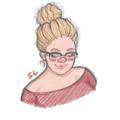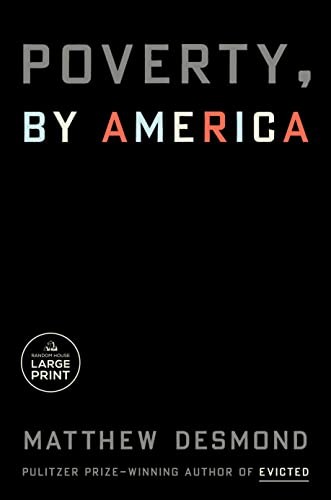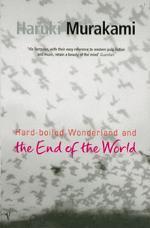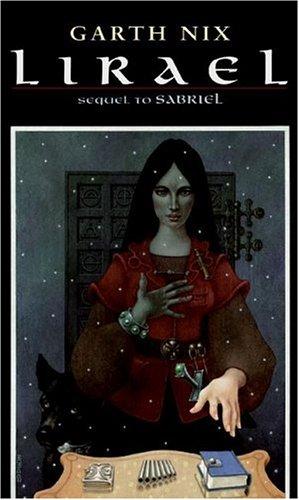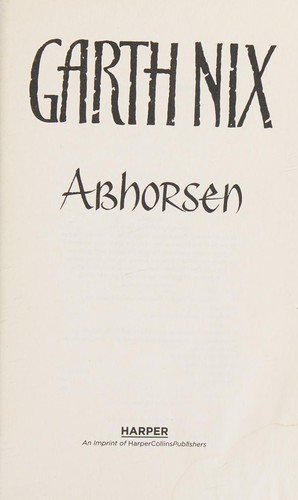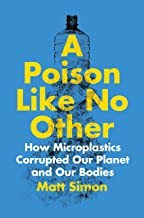Reviews and Comments
White queer lady in San Francisco. Knitter, transit geek, and sometime editor and cyclist. Planting peas and potatoes to prefigure an anarchist future. I listen to a lot of nonfiction audiobooks.
This link opens in a pop-up window
bluestocking rated Poverty, by America: 3 stars
bluestocking rated Feral Blood: 4 stars
bluestocking rated The Shock Doctrine: 5 stars
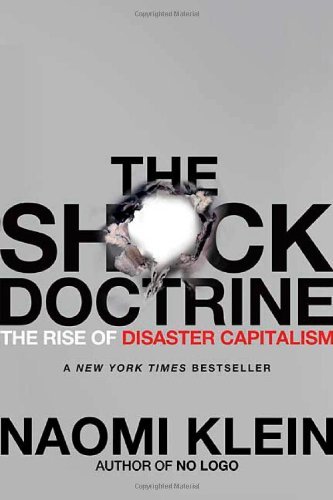
The Shock Doctrine by Naomi Klein
An introduction to "disaster capitalism" argues that the global free market has exploited crises, violence, and shock in the past …
bluestocking rated When We Hold Each Other Up: 4 stars
bluestocking rated The Rape of Nanking: 4 stars
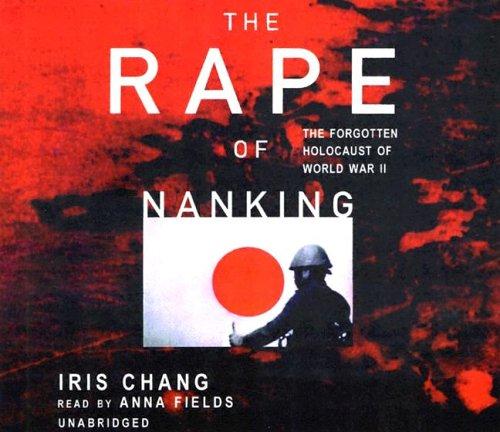
The Rape of Nanking by Iris Chang
China has endured much hardship in its history, as Iris Chang shows in her ably researched The Rape of Nanking, …
bluestocking rated The Orc Boss: 2 stars
bluestocking rated Station Eleven: 4 stars

Emily St. John Mandel: Station Eleven (2015, Vintage)
Station Eleven by Emily St. John Mandel
Station Eleven is a 2014 novel by Emily St. John Mandel, her fourth. It takes place in the Great Lakes …
bluestocking rated Hard-Boiled Wonderland and the End of the World: 2 stars
bluestocking rated Lirael: 5 stars
bluestocking rated Bird Brother: 3 stars
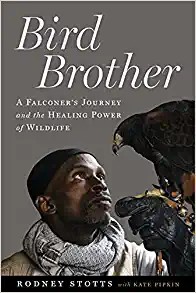
Bird Brother by Rodney Stotts, Kate Pipkin
Rodney grew up during the crack epidemic, with guns, drugs, and the threat of incarceration an accepted part of daily …
bluestocking rated The Heat Will Kill You First: 3 stars
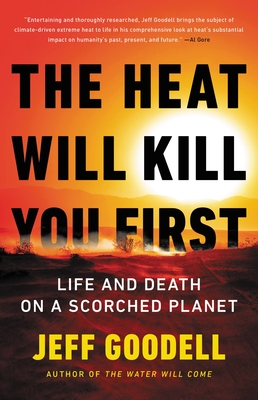
The Heat Will Kill You First by Jeff Goodell
Most Anticipated by The New York Times and The Washington Post• New York Times bestselling journalist's "masterful, bracing" (David Wallace-Wells) …
bluestocking rated Abhorsen: 3 stars
bluestocking rated Across the Wall: 3 stars
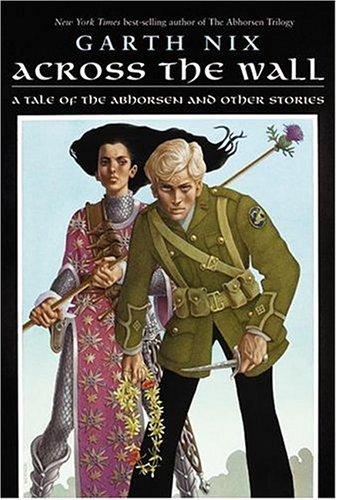
Across the Wall by Garth Nix
A collection of fantasy short stories plus a novella that is set in the world of the Abhorsen trilogy.
